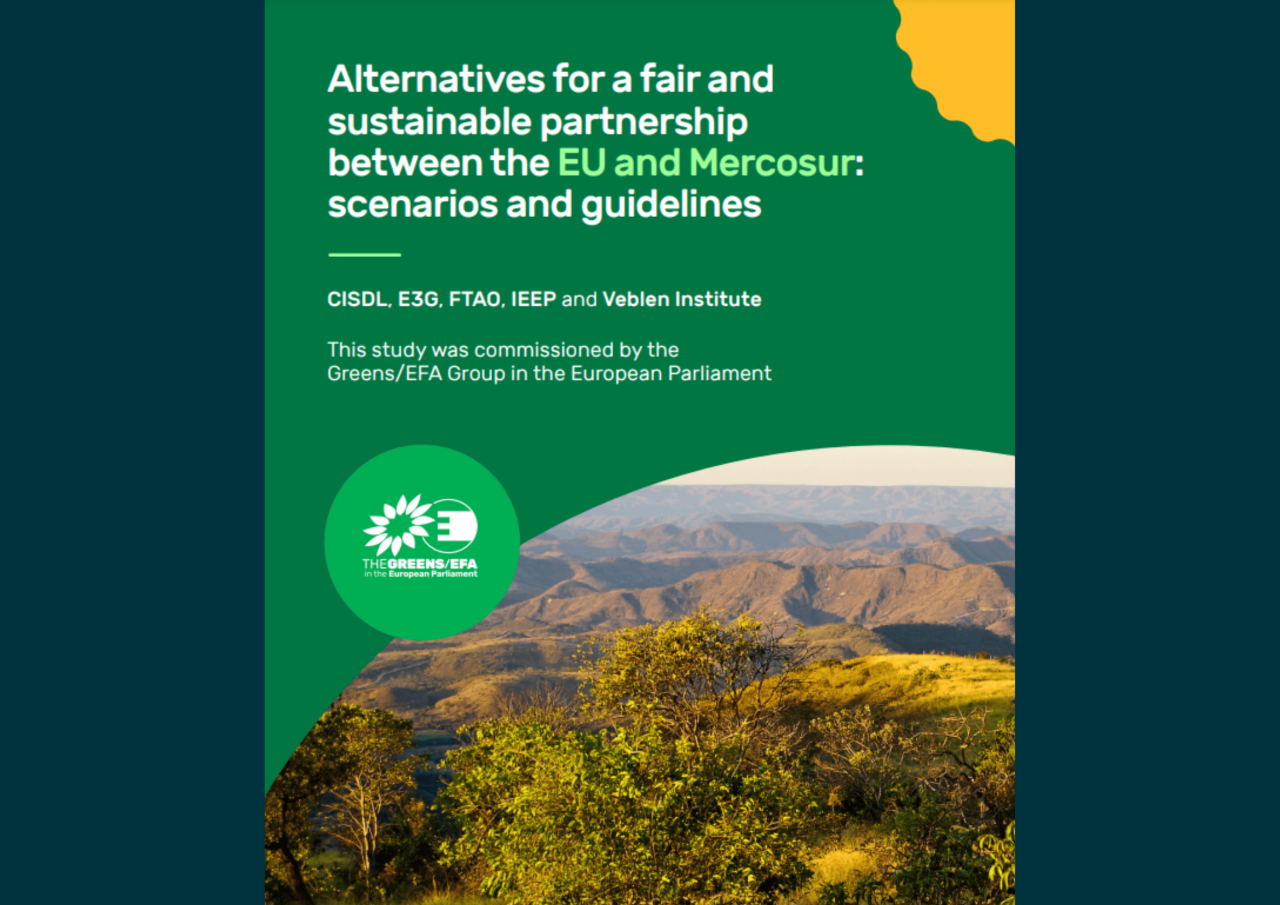EU-LAC: Partners of choice for mutually beneficial sustainability goals
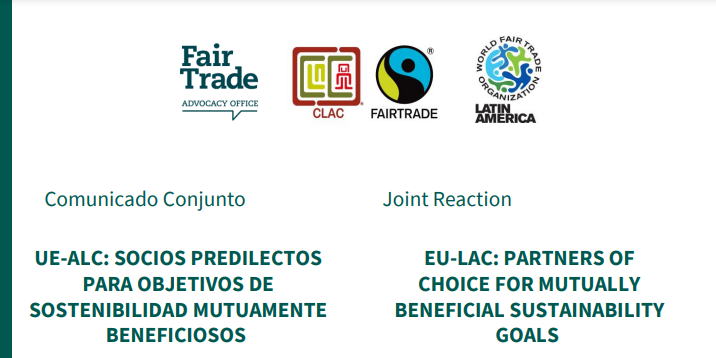
The Fair Trade movement welcomes the introduction of a New Agenda for Relations between the EU and Latin America and the Caribbean and the fact that the agenda for relations between the EU and Latin America Caribbean (LAC) region has a strong multilateral approach for cooperation and engagement. As well as the fact that a European External Action Service is involved in the process and its implementation.
However, the Fair Trade movement regrets the lack of reference by the EU to the need to address the root causes of systemic issues linked to sustainability in LAC countries, and the responsibilities deriving for the EU thereof. There is need of a wider vision to address the root causes of the spillover effects embedded in the EU trade policy.
The introduction of corrective measures such as the Carbon Border Adjustment Mechanism, the Deforestation Regulation, or the Corporate Sustainability Due Diligence Directive are steps in that direction, but a full policy framework (created in close cooperation with LAC countries and including support measures) must be put in place to achieve this goal; and this should have also been acknowledged in the New Agenda for EU-LAC.
Connectedly, the focus of this New Agenda is solely on trade and investment. As a lead investor in the region, when setting its New Agenda for relations with LAC, the EU should also include plans, actions and measures to effectively assess and address the (negative) impact that EU investment can be driving in LAC countries.
The Fair Trade movement is cautious when the Commission announces closer cooperation, dialogue, diversification and investment in order to meet growing demand. Value chains connecting LAC and the EU are tainted with several sustainability issues, and the current trade and business models are not ensuring high environmental and social standards.
On a brighter side, the Fair Trade movement welcomes the fact that the New Agenda calls for paying attention to the impact of EU legislation. This is a point that the Fair Trade movement hopes the European Commission can take up and that effective support measures are put in place for effective implementation of EU legislation.
Indeed, as the Commission rightly puts it, the EU and LAC should intensify cooperation to address persistent socio-economic challenges, diversify and modernise the economies increase their resilience and sustainability, and redesign EU trade and consumption agendas to focus more on social and climate justice internationally.
The Fair Trade movement hopes that this communication translates into public-private collaborations focused on capacity building, collaboration agreements, environmental and social support funds, and a greater commitment to promote and regulate responsible consumption, as a condition of guaranteeing the sustainability over time.
We regret the reference to trade and sustainable development chapters as the silver bullet for addressing several human and environmental issues and as a secure vehicle for dually achieving sustainable development. When the reality shows different, and where more engagement with LAC partner countries and with civil society is needed.
In the end, the Fair Trade movement hopes the Commission establishes partnerships for global, fair and ecological transition, and not just cooperation for ensuring the EU’s green transition. Establishing collective international endeavours following the commitments of the Paris Agreement and requiring international cooperation and coordinated solutions at all levels.
More From The Workstream
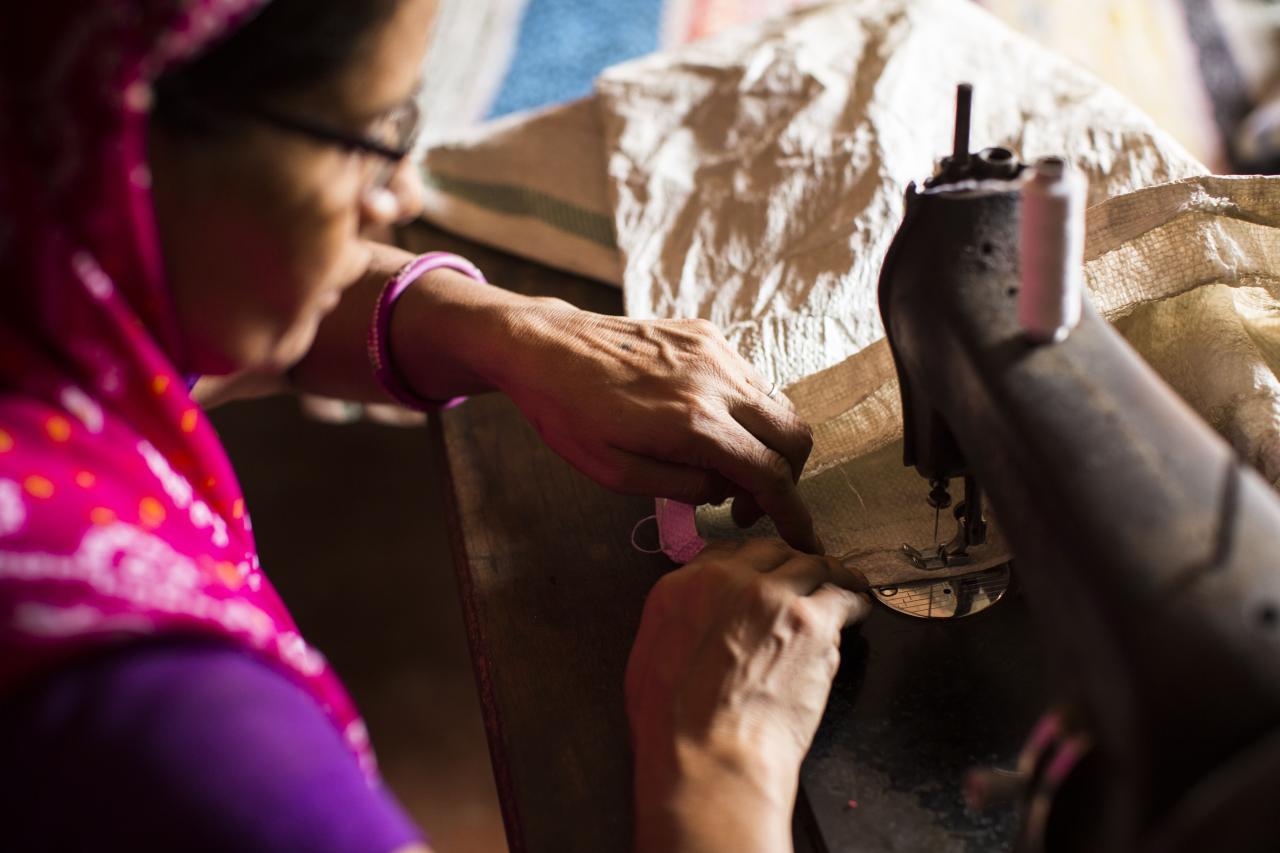
From trade wars to trade justice: less, fairer, better
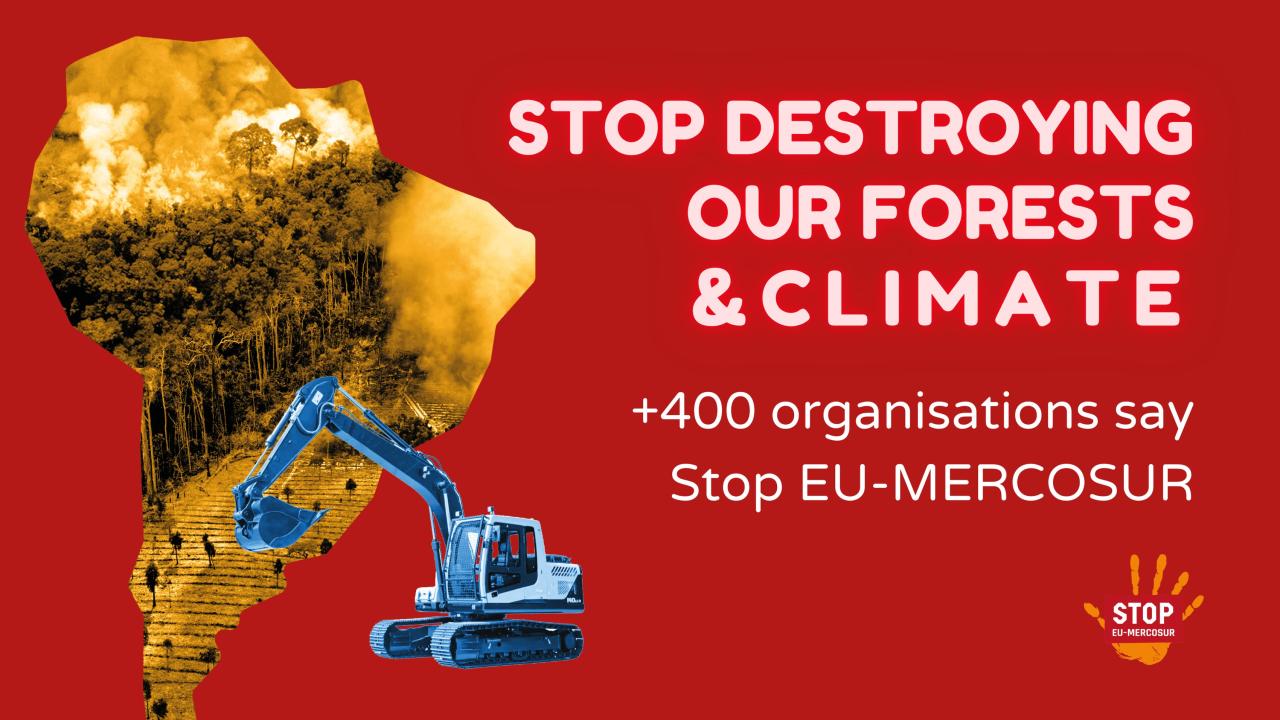
The FTAO expresses its deep concern about the EU-Mercosur partnership agreement and its adverse consequences for people and the planet
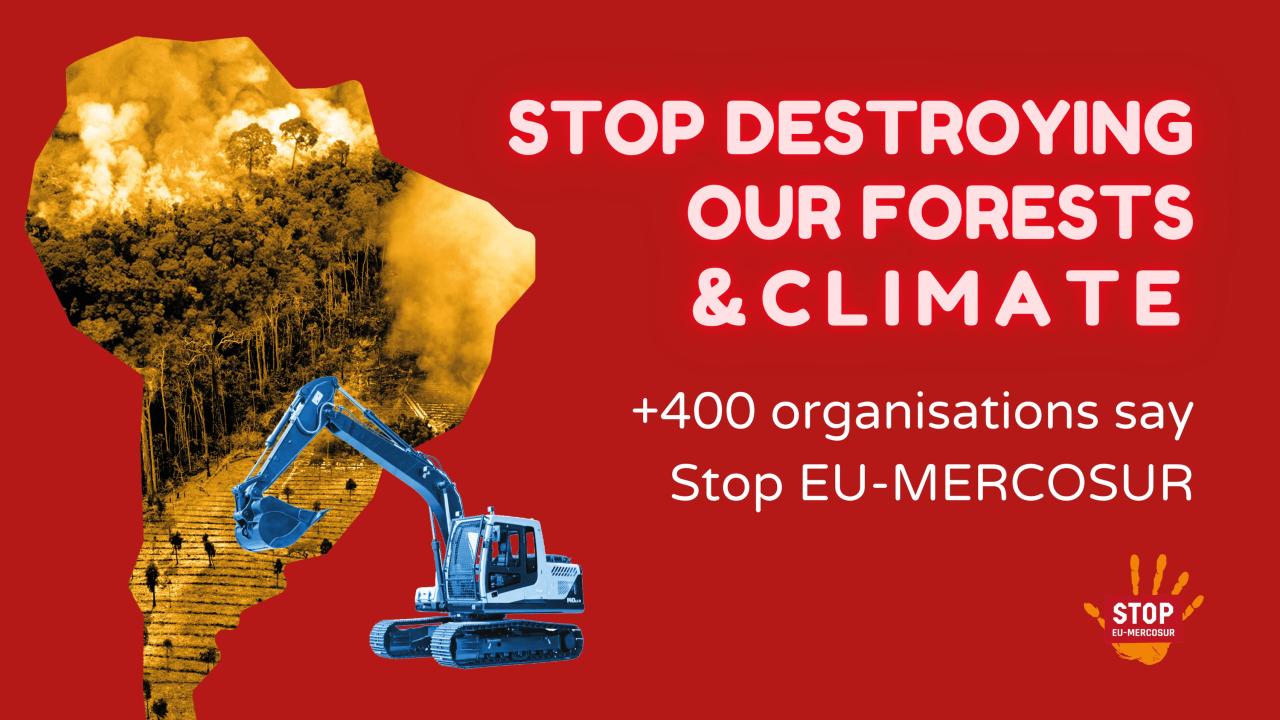
No more toxic trade deals between the EU and Latin American countries
